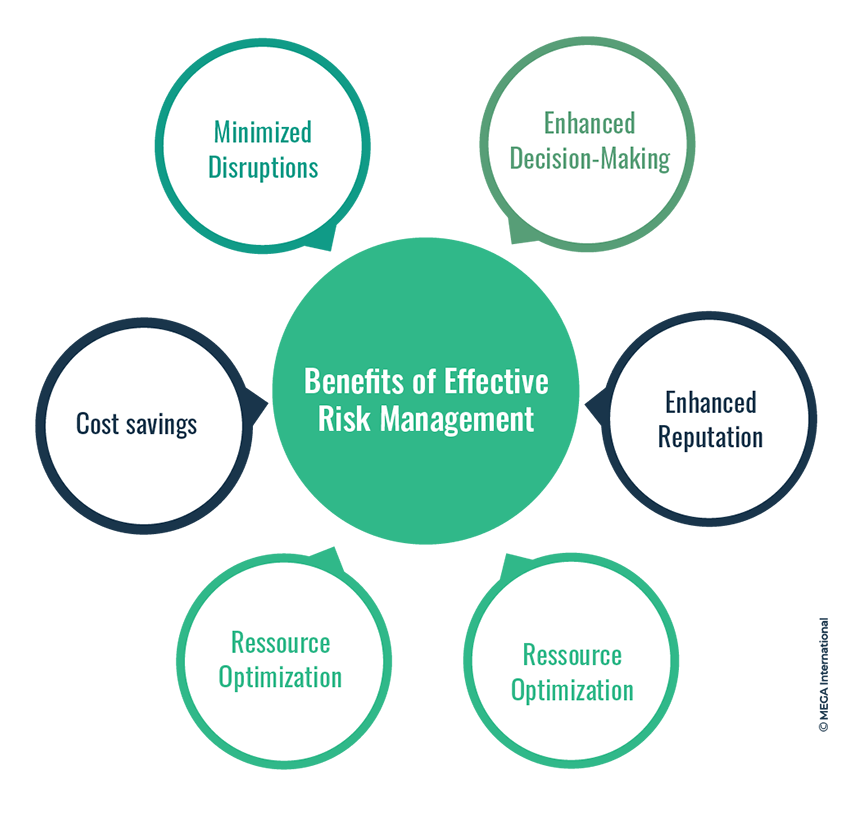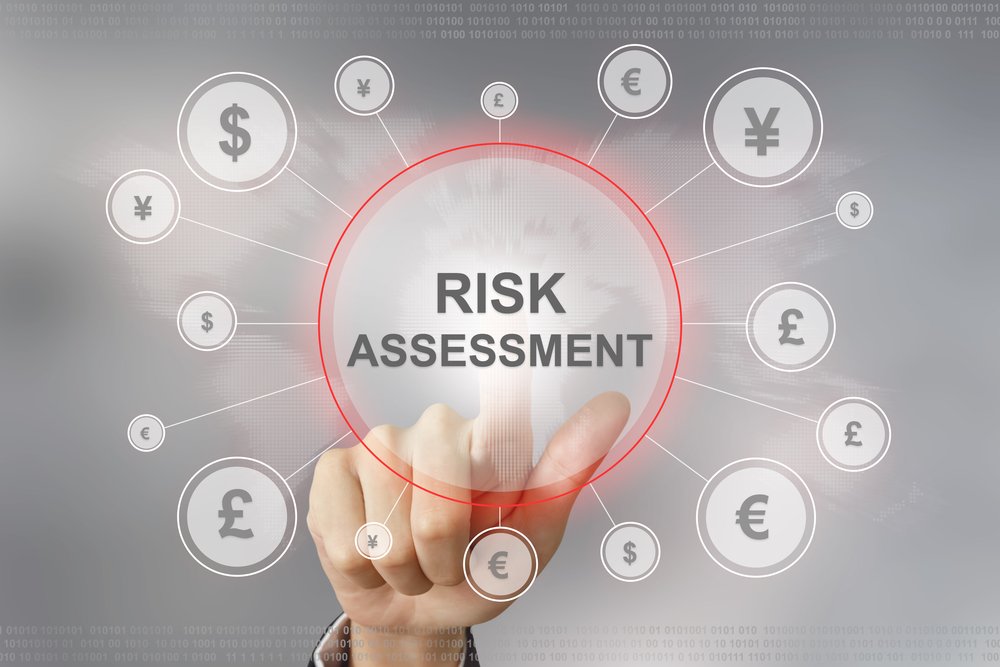Understanding the Importance of Risk Management in Modern Business Practices
Understanding the Importance of Risk Management in Modern Business Practices
Blog Article
The Significance of Understanding the Significance of Risk Management in Various Industries

The Core Idea of Risk Management and Its Purpose
Risk Management, the keystone of several industries, depends upon the identification, evaluation, and reduction of uncertainties in a business environment. It is an integral method that allows organizations to guard their assets, credibility, and general survival. By properly recognizing possible risks, organizations can develop approaches to either prevent these threats from occurring or reduce their influence. The assessment procedure includes evaluating the possibility and potential severity of these dangers. Once risks have actually been determined and assessed, the reduction procedure includes designing methods to minimize their possible effect. This procedure is cyclical and recurring, ensuring that organizations are prepared for the ever-changing nature of Risk in various industries. The key purpose, therefore, is to promote durability among unpredictabilities.
Benefits of Executing Risk Management in Organization Procedures

Unveiling the Duty of Risk Management in Different Industries
While every market confronts its one-of-a-kind set of dangers, the application of Risk Management techniques remains a common in their search of sustainability and development. In the healthcare market, Risk Management requires guaranteeing person safety and data protection, while in financing, it entails mitigating investment risks and making sure governing conformity. Inevitably, the role of Risk Management across markets is to recognize, analyze, and minimize risks.
Real-life Situation Studies Showing Successful Risk Management
To comprehend the value of Risk Management in these numerous industries, one can aim to several real-life instances that show the effective application of these steps. As an example, in the power industry, British Oil established Risk mitigation prepares post the 2010 Gulf of Mexico oil spill. They executed far better security procedures and more stringent policies which considerably decreased additional mishaps. In financing, Goldman Sachs successfully browsed the 2008 economic dilemma by recognizing potential mortgage-backed safeties risks early. Last but not least, Toyota, post the 2011 quake in Japan, revised its supply chain Management to decrease interruption risks. These instances show just how industries, gaining from crises, effectively applied Risk Management techniques to lower future threats.
Future Fads and Advancements in Risk Management Approaches
As the world remains to advance, so too do the trends and advancements in Risk Management techniques. Rapid advancements in modern technology Extra resources and information analytics are improving the Risk landscape. Big information and AI are currently important in forecasting and minimizing threats. Organizations are leveraging these devices to construct anticipating designs and make data-driven decisions. Cybersecurity, when an outer concern, has actually catapulted to the forefront of Risk Management, with approaches concentrating on detection, avoidance, and response. The assimilation of ESG (Environmental, Social, Governance) variables right into Risk Management is an additional expanding fad, mirroring the boosting recognition of the duty that social and environmental threats play in company sustainability. Thus, the future of Risk Management lies in the blend of innovative innovation, ingenious techniques, and a holistic approach.
Final thought
In final thought, comprehending the value of Risk Management throughout a range of sectors is vital for their longevity and success. Ultimately, successful Risk Management adds to a lot more durable read the article and lasting organizations, highlighting the significance of this method in today's vibrant and extremely affordable company setting.
While every market challenges its special set of dangers, the implementation of Risk recommended you read Management approaches continues to be a common denominator in their search of sustainability and development. In the healthcare field, Risk Management involves guaranteeing client security and information security, while in finance, it involves mitigating investment dangers and making sure regulatory compliance. Ultimately, the role of Risk Management throughout sectors is to recognize, assess, and minimize threats. These cases show how sectors, learning from dilemmas, properly applied Risk Management techniques to decrease future dangers.

Report this page